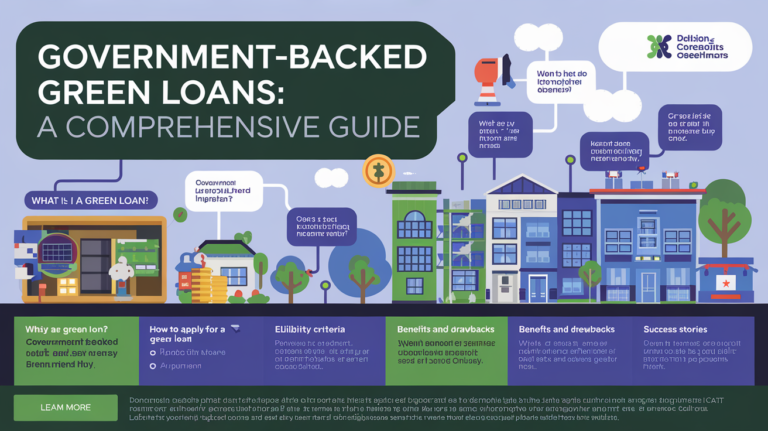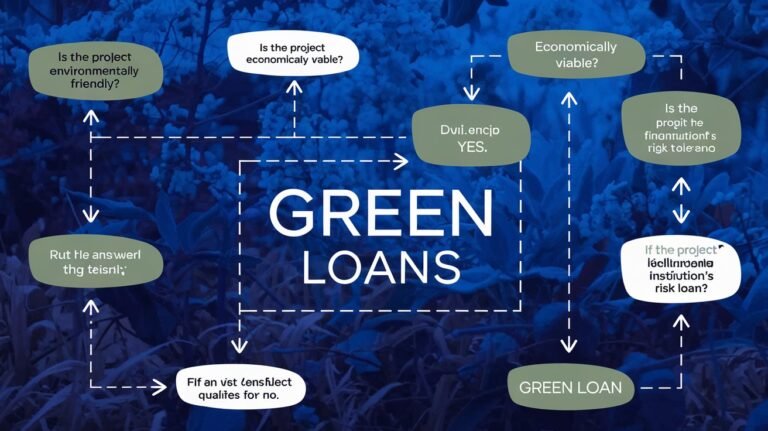Comparing Solar Panel Tax Benefits by State
As more homeowners consider solar panels to reduce their carbon footprint and utility bills, understanding the available tax benefits by state becomes crucial. The array of incentives can vary significantly, making it important to know which programs offer the most advantageous benefits. This guide will explore how tax incentives for solar panels differ across states, helping you make informed decisions on green home improvement loans and solar panel installations.
Federal vs. State Solar Tax Benefits
Federal Solar Investment Tax Credit (ITC)
The Federal Solar Investment Tax Credit (ITC) offers a substantial incentive for solar panel installations. Homeowners can deduct 30% of the total cost of solar systems from their federal taxes. This benefit applies regardless of the state in which you live, providing a uniform advantage across the U.S.
- Eligibility: To qualify, the solar panel system must be installed on a property owned by the taxpayer. Additionally, the system must be operational within the tax year to benefit from the credit.
- Expiration: While the ITC provides a generous deduction, it is scheduled to decrease over time. Keeping track of these changes is crucial for maximizing your tax benefits.
For more information on the ITC, visit the U.S. Department of Energy.
State-Specific Solar Incentives
While the ITC is a federal program, many states offer additional incentives that can significantly enhance the benefits of solar panel installations. These incentives vary greatly and may include state tax credits, rebates, or other financial benefits. Let’s explore some notable examples.
Comparing Solar Panel Tax Benefits by State
California
State Tax Credits and Rebates
California offers several attractive incentives for solar panel installations, making it one of the most solar-friendly states. Homeowners can benefit from state tax credits and local rebates, enhancing the financial appeal of going solar.
- California Solar Initiative: This program provides rebates for solar installations, reducing the upfront costs for homeowners.
- Property Tax Exclusion: California also offers a property tax exclusion for solar systems, ensuring that the added value of solar panels does not increase property taxes.
For details on California’s solar incentives, check out the California Public Utilities Commission.
New York
State Tax Credit
New York offers a robust set of incentives for solar panel installations, including a state tax credit that can further offset installation costs.
- New York State Solar Equipment Credit: Homeowners can claim a credit worth up to 25% of the cost of solar equipment, capped at $5,000.
- NY-Sun Program: This initiative provides additional rebates and incentives based on the size of the solar system installed.
More information on New York’s incentives can be found on the NY-Sun website.
Texas
Rebates and Financial Incentives
Texas offers a variety of incentives to encourage solar panel installations, though they may differ significantly from those in states like California and New York.
- Property Tax Exemption: Texas provides a property tax exemption for solar energy systems, ensuring that your home’s value increase does not result in higher property taxes.
- Local Utility Rebates: Many local utility companies in Texas offer rebates for solar panel installations, which can reduce overall costs.
For more details on Texas solar incentives, visit the Texas Solar Energy Society.
Florida
Solar Rebate Programs
Florida provides several programs to make solar panel installations more affordable.
- Florida Power & Light Solar Rebate Program: This program offers rebates based on the size of the solar system installed.
- Property Assessed Clean Energy (PACE) Financing: Florida also offers PACE financing, which allows homeowners to finance solar systems through property taxes.
For further information, visit the Florida Power & Light Solar Program.
Massachusetts
Solar Tax Credits and Incentives
Massachusetts provides strong incentives for solar panel installations, aimed at reducing the overall cost of solar systems.
- Solar Massachusetts Renewable Target (SMART) Program: This program offers financial incentives for solar energy production.
- State Tax Credits: Massachusetts provides additional state tax credits that complement the federal ITC.
For comprehensive details on Massachusetts solar incentives, check out the Massachusetts Clean Energy Center.
Impact on Green Home Improvement Loans
Leveraging Tax Benefits for Loans
Understanding and leveraging solar tax benefits can significantly impact your ability to secure and benefit from green home improvement loans. By reducing the effective cost of solar panel installations, these incentives make it easier to qualify for loans and enhance overall financial savings.
- Lower Loan Amounts: Reduced upfront costs from tax benefits can decrease the amount needed for financing, making it easier to secure favorable loan terms.
- Improved Loan Terms: Strong incentives and rebates can also improve your negotiating position for loan terms, potentially leading to better interest rates and repayment conditions.
Combining State and Federal Benefits
To maximize the advantages of green home improvement loans, combine state-specific incentives with federal benefits. This strategy not only reduces the initial investment but also enhances the overall return on investment.
Conclusion
Comparing solar panel tax benefits by state reveals a complex but beneficial landscape for homeowners considering solar energy. By understanding and leveraging both federal and state-specific incentives, you can significantly reduce the cost of solar panel installations and maximize the financial benefits of green home improvement loans.
Carefully review the incentives available in your state and consult with financial and solar energy experts to make the most informed decisions. By doing so, you can enjoy a cleaner, more energy-efficient home while benefiting from substantial financial savings.







